Per Wilhelmsson, PKI Utveckling, was one of the presenters at last year’s LU Open Science Days. We were curious about his work with an open hardware microscope and met up with him to learn more about it. Per’s educational background is in bioinformatics and he holds a PhD in plant evolution from University of Marburg, Germany. He is particularly interested in the emergence of life and the possibilities offered by microscopy to document and monitor aquatic microorganisms in lakes and oceans.
Q: Could you tell us about the microscope you displayed at the LU Open Science Days?
Per: The OpenFlexure Microscope is an open-source microscope that was initially developed by a group of physicists in England. The aim was to develop a microscope that anyone could use. The microscope has initially seen great use for pharmaceutical purposes, e.g. to diagnose malaria in African countries . The microscope is digital and can be used to study liquids, soil and tissues, just like a regular optical microscope. I use the microscope to analyse aquatic microscopic environments.
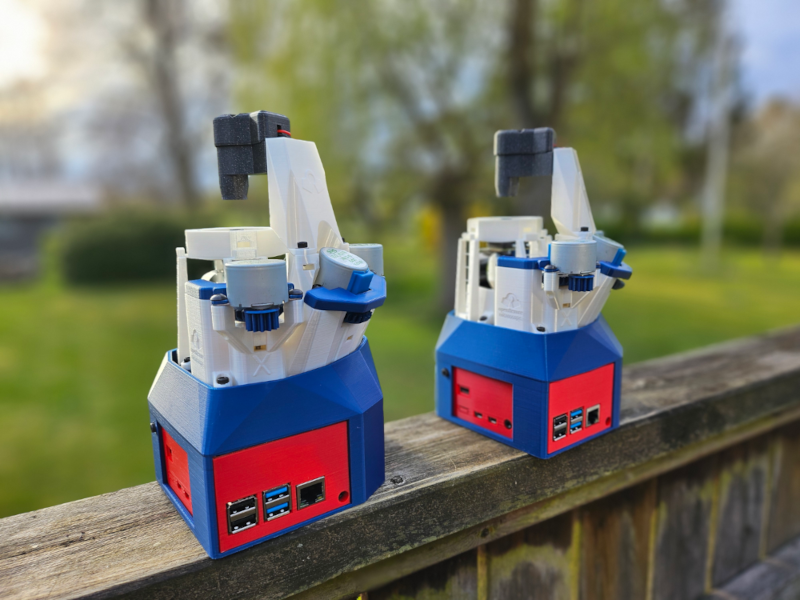
Q: What does it mean that the microscope is open hardware?
Per: The microscope is made of 3d printed plastic parts and standardised off-the-shelf electronic components such as a computer and camera module from the company Raspberry PI, as well as simple engines and a light source. The microscope is licensed under CERN Open Hardware License meaning that the blueprints for each plastic part, and manuals for assembling the microscope, are open and that any additional commercialised applications developed by users must be shared on the same open terms. All software that is used for controlling the microscope, displaying, gathering and sorting the data is also open and following the GNU General Public License v3.0 earning it the title of being an open source microscope. The label open hardware does not imply that the microscope, in this case, is not associated with costs. However, the costs are very low (from around 2,500SEK depending on whether you assemble the microscope yourself or buy it assembled) compared to other microscopes with similar functionalities.
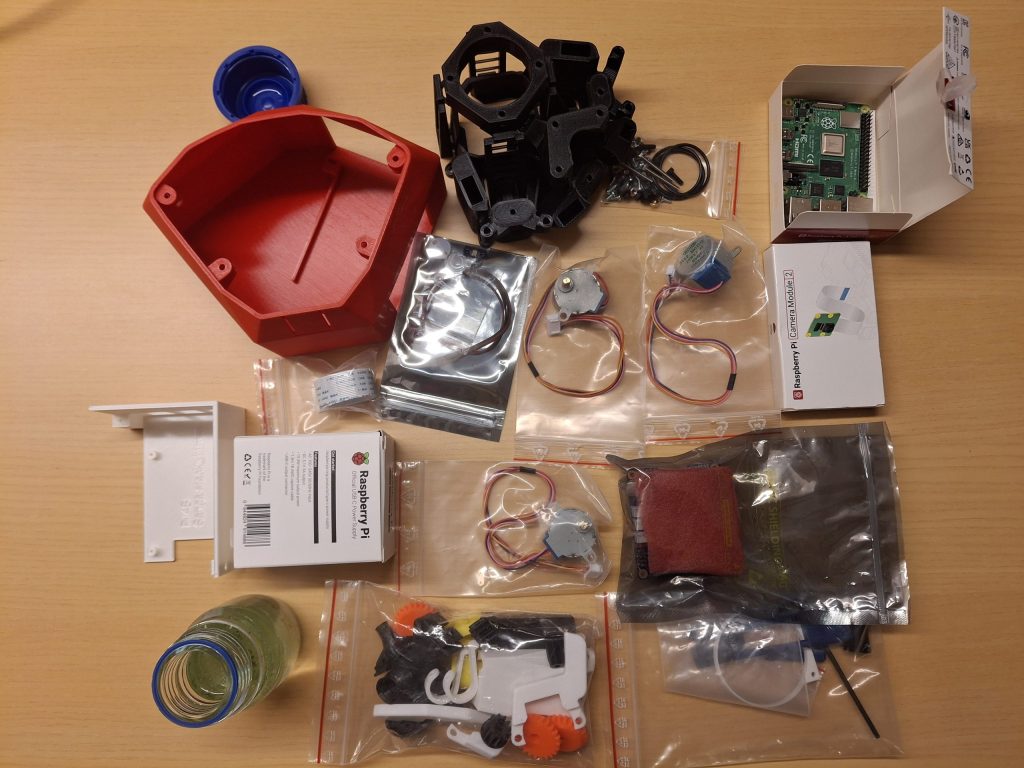
Q: How do you envision the use of the microscope?
Per: I have always been interested in large-scale microscopy and of sequencing large-scale datasets to document aquatic microorganisms. Our current knowledge about aquatic micro flora and fauna is very limited and to be able to document how climate change impact aquatic microorganisms we urgently need basic research on this. We need comparable data sets to track long term changes. In order to generate such data this microscope may become very useful. The microscope is easy to use and cheap which facilitates for anyone to engage in microscopy and explore the microscopic world. Further sharing your image data through national environmental databases (such as artportalen.se and nordicmicroalgae.org) makes one’s discoveries accessible to researchers and environmental agencies. This contributes towards improving our understanding of aquatic micro flora and fauna, better knowing which organisms are where at what time of the year. This means that the microscope can be very valuable for basic research.
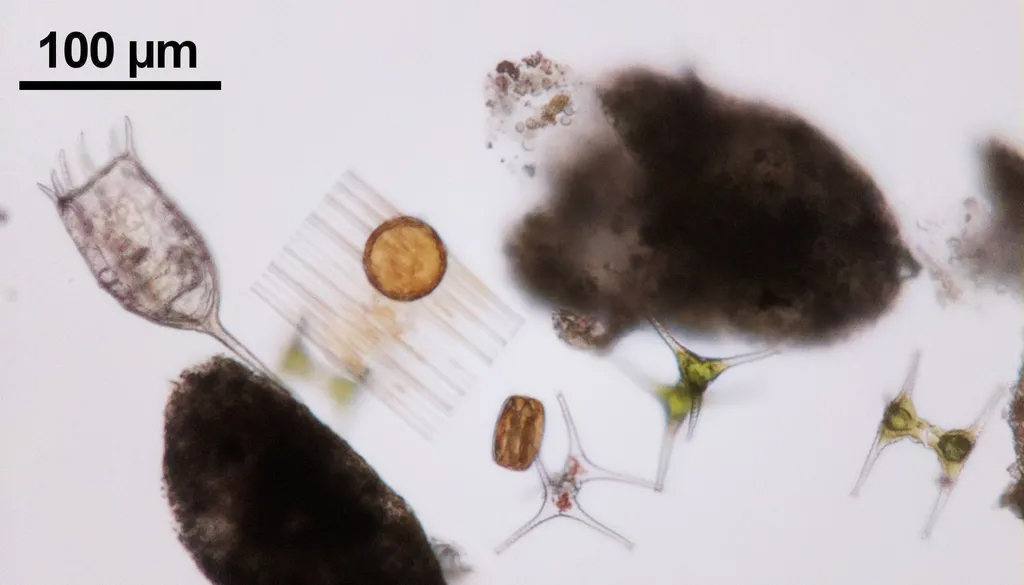 Sample from Häljasjön Copyright Per Wilhelmsson
Sample from Häljasjön Copyright Per WilhelmssonQ: Tell us about your current collaboration with Vattenhallen Science Center
Per: Our joint educational project target secondary and high school teachers. Learning about the microscope combines several elements and skills such as 3D printing, engineering, computer science, microscopy, water analysis and citizen science. The teachers that attend the workshops learn how to build and use their own microscope, knowledge they can share with their students. We also educate the participants on how to collect and share image data so that they can contribute towards national environmental databases. With this, we aim to put microscopes in as many classrooms a possible, igniting interest in micro flora and fauna, creating awareness of environmental monitoring challenges in a rapidly changing climate while also providing a solution.
Q: If I want to get a microscope, whom do I turn to?
Per: The beauty with open source it is that you can turn to yourself, all the information you need is available on the microscope webpage . If you have access to a 3D-printer you can print the plastic parts yourself, that takes approximately 20 hours, and the electronic components can be sourced online if not from your local electronic stores. The community forum is a great resource for help. I am of course also happy to help anyone interested in their own microscope, the parts to build one yourself or in arranging a workshop (info@pkiutv.se).

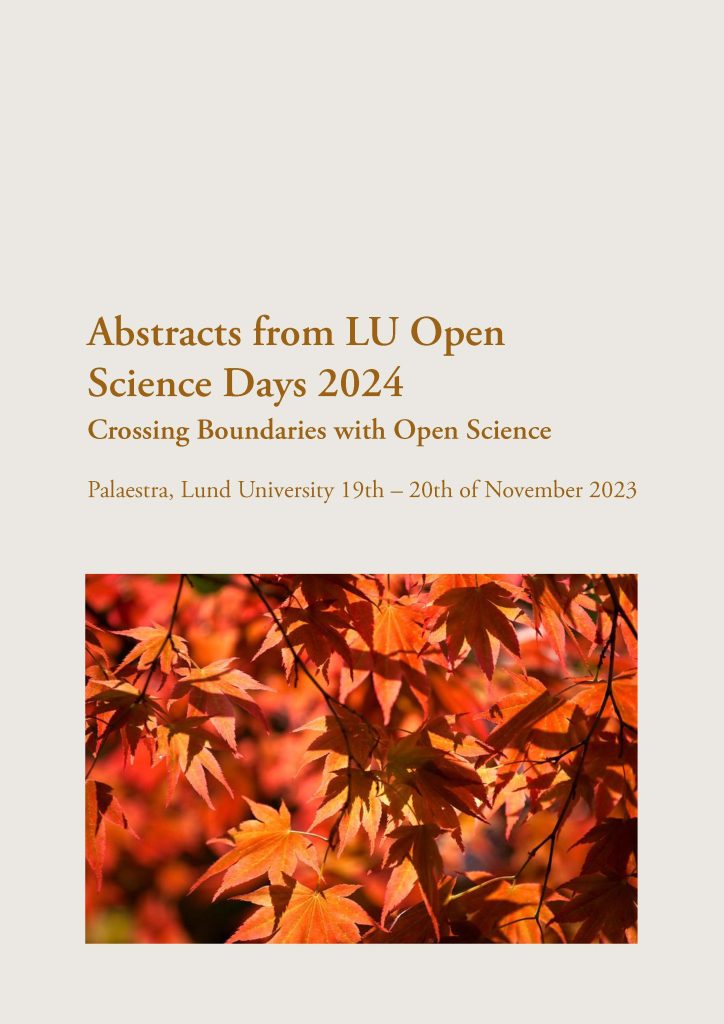

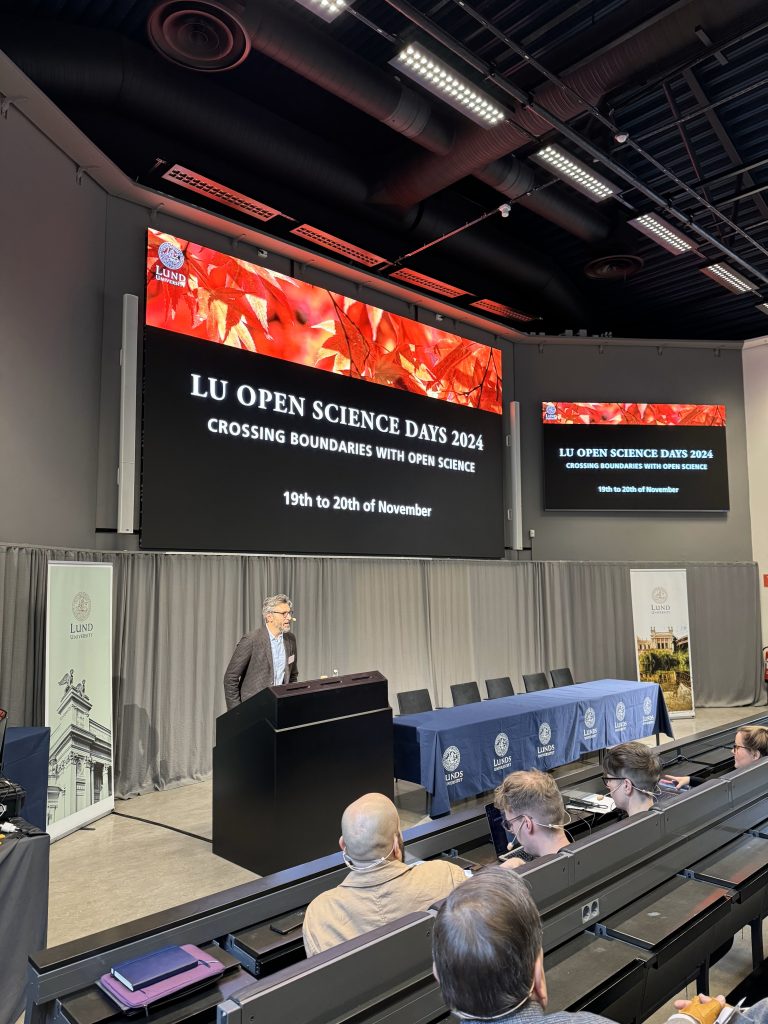
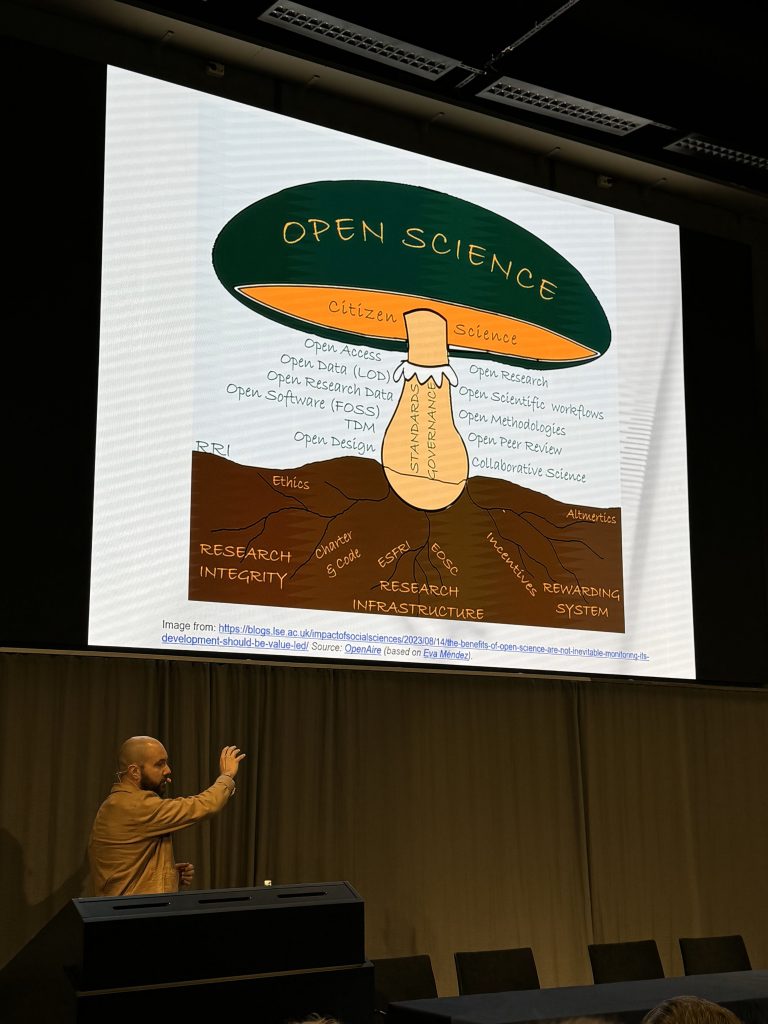
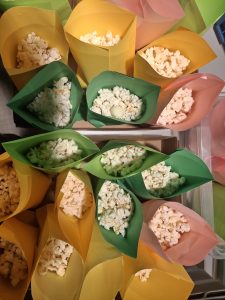
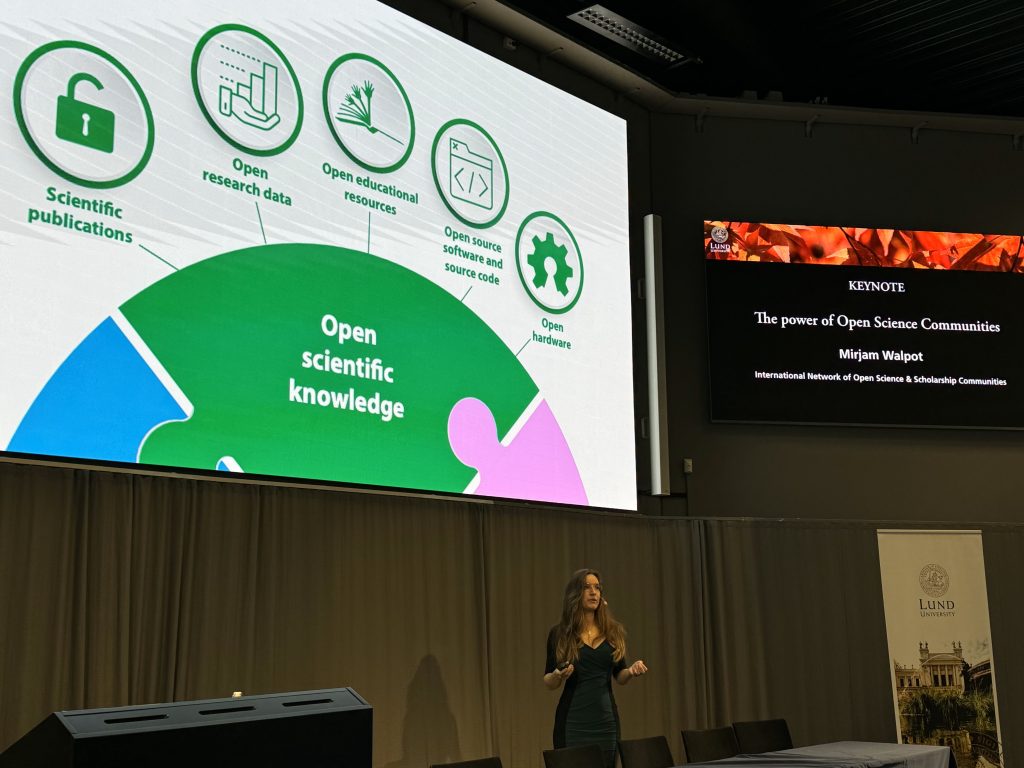
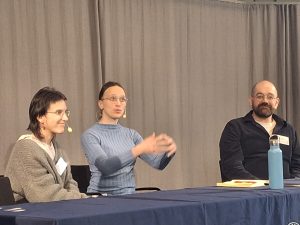
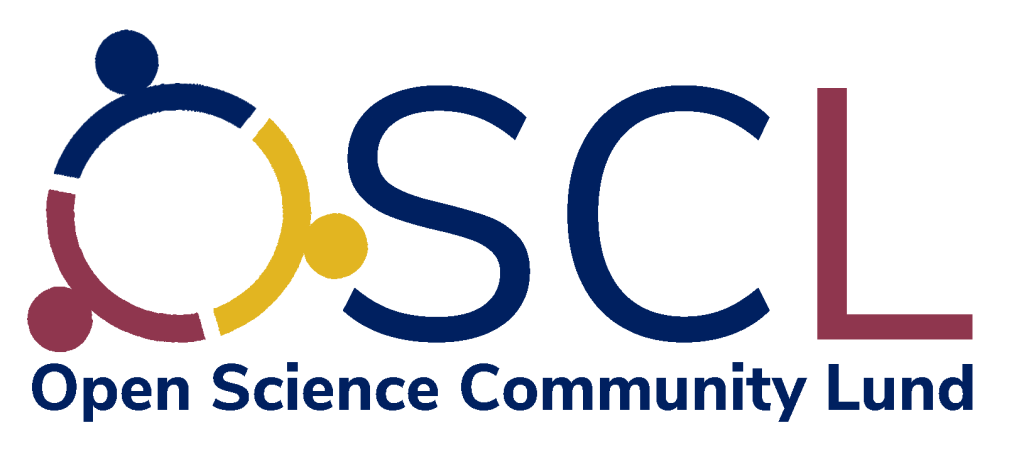
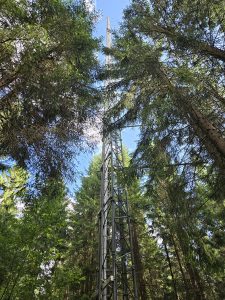
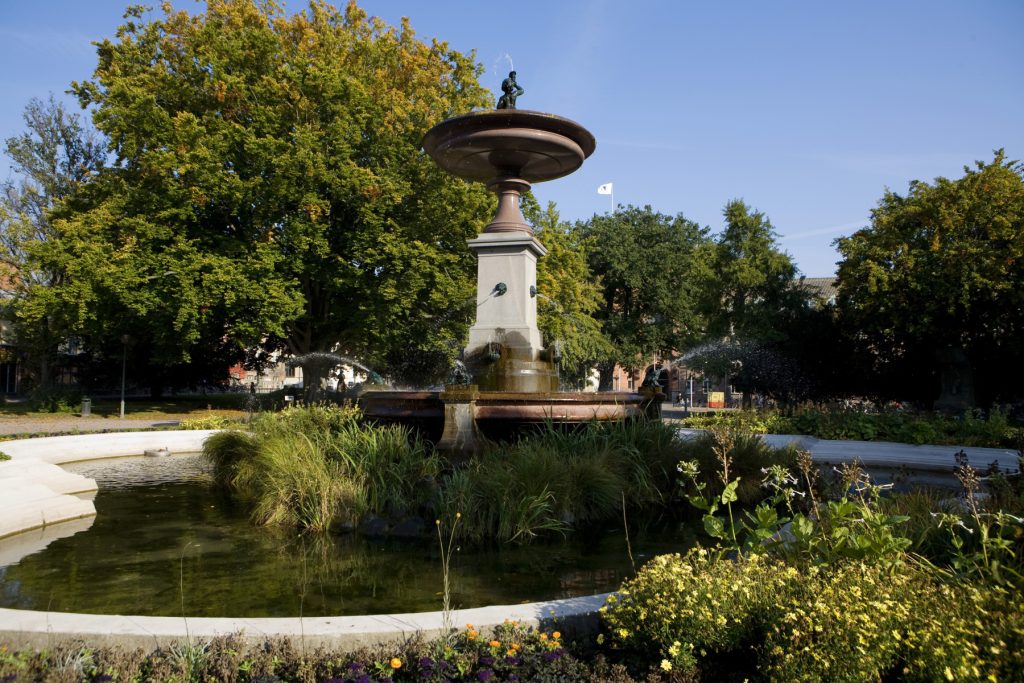
Comments